Can You Donate Blood If You Have Tattoos?
Tattooed and proud? Here’s what you need to know about blood donation.

Image: Shutterstock
“Can you donate blood if you have tattoos” is a question that is bound to cross your mind if you are an inked individual as it has become one of those common myths. The process of blood donation involves several considerations. Having tattoos raises some additional queries. Understanding whether tattoos impact the ability to donate blood is crucial for those who have body art but also wish to be a blood donor. In this article, we will delve into the connection between tattoos, blood donation, and why it is important to visit only certified tattoo facilities. Read on to get to the bottom of your questions about eligibility.
In This Article
Can You Donate Blood If You Have Tattoos?
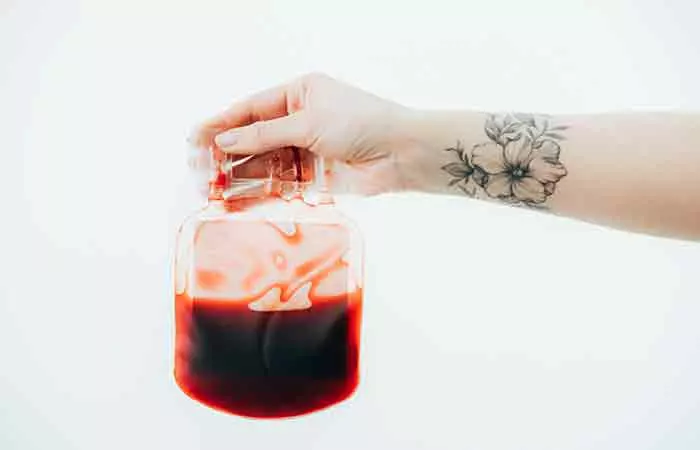
Certainly! Individuals with tattoos can usually donate blood as having a tattoo does not automatically disqualify someone from being a blood donor. The concern arises primarily due to the potential risk of bloodborne infections or blood disorders associated with the tattooing process, including issues related to blood pressure, body temperature, and skin diseases. Blood donation organizations and blood banks are licensed facilities that implement strict guidelines to maintain health standards and ensure the safety of both anxious blood donors and recipients. It is essential for individuals with tattoos to adhere to the specific eligibility criteria outlined by blood donation centers, which may include waiting periods or additional screening measures related to medical conditions, blood cells, other blood components, and overall health condition. By following the guidelines, individuals with tattoos can contribute to healthcare initiatives without compromising safety and support individuals who can benefit from blood donation.
If you have tattoos, you must be happy to learn that it is not going to stop you from being a blood donor. But is there a waiting period once you get a tattoo before you can do so? Let us find out in the next section.
Key Takeaways
- Having a tattoo does not usually disqualify individuals from donating blood.
- Blood donation eligibility after getting a tattoo depends on the waiting period, with the FDA instituting a minimum three-month wait as of 2020.
- The waiting period exists to mitigate the risks of advanced diseases, blood infection, bloodborne pathogens, and healing concerns to ensure blood safety in compliance with regulations set by the state.
- It is recommended to wait a minimum of 24 hours after donating blood before getting a new tattoo.
How Long After A Tattoo Can You Donate Blood?
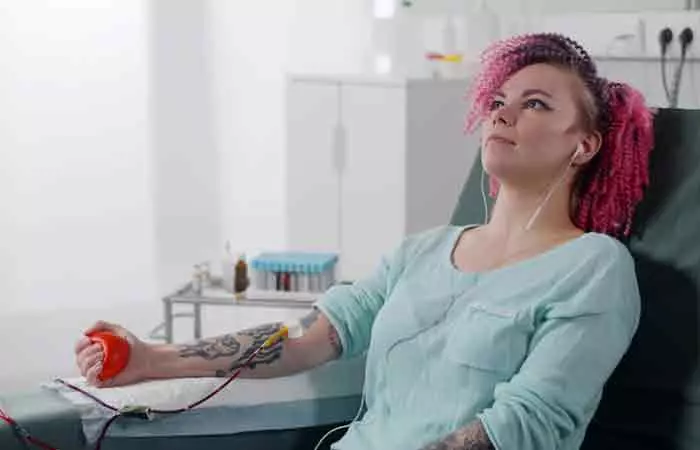
The eligibility to donate blood with a tattoo is contingent upon the recency of your last tattoo. As of 2020, the FDA mandated a waiting period of a minimum of three months after getting a tattoo before you can contribute blood (1). The waiting period may vary, and it is advisable to check with your local blood donation center for specific guidelines.
 Quick Tip
Quick TipAre you curious to know why there is a waiting period? The following section answers your query.
Why Can’t You Donate Blood Right After Getting A Tattoo?
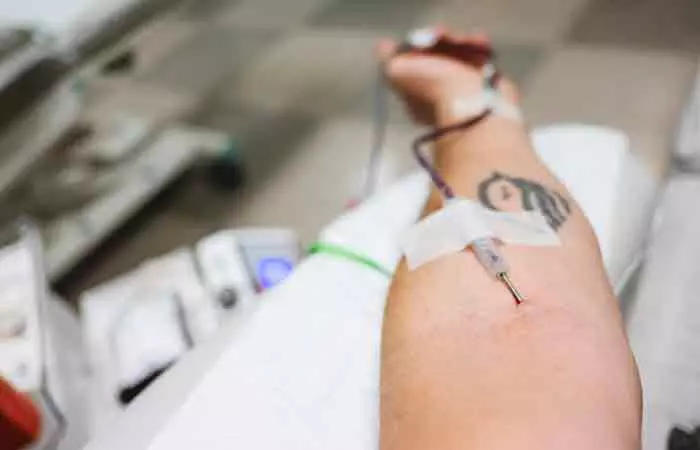
1. Increased Risk Of Infection
Fresh and cosmetic tattoos leave the skin vulnerable. They act as open wounds that are susceptible to infectious diseases. The use of unclean tattoo needles during the tattooing process increases the risk factor as it may potentially introduce bacteria, harmful viruses, or other pathogens into the bloodstream. Using a sterile needle and single-use ink is crucial for ensuring a safe and hygienic tattooing experience.
2. Obstructed Healing
The healing phase of a new tattoo involves the formation of a protective scab over the wounded area. During this crucial time, any disturbance to the scab or inadequate care of the fresh ink can cause tattoo side effects such as virus infections, as the skin remains in the process of closing the wound.
3. Contamination By Bloodborne Pathogens
The risk of bloodborne infections and exposure to hepatitis such as hepatitis B and C, as well as HIV, is associated with the potential contamination of blood during the tattooing procedure (2). Despite efforts to maintain cleanliness in tattoo parlors, the risk of these serious infections remains a concern.
4. Safety Assurance
Blood donor organizations and blood drives prioritize the safety of both donors and recipients. Implementing a waiting period after getting a tattoo allows time for any latent infections acquired during the tattooing process to become apparent, ensuring that the donated blood is as free from potential contaminants or foreign materials as possible.
5. Regulatory Compliance
Blood donation policies are stringent and often regulated by health authorities. Adhering to these regulations is crucial for maintaining the highest standards of safety in the blood donation process as it helps reduce the risk of transmitting infections through donated blood. Understanding the regulatory environment is vital for tattooed individuals who are considering donating blood.
Do you have to wait to get a new tattoo once you have donated blood? Find out the answer in the next section.
How Soon After Donating Blood Can You Get A Tattoo?

It is advisable to wait at least 24 hours after donating blood before getting a new tattoo. To ensure safety, some recommend waiting a week or more. Donating blood can temporarily weaken the immune system and increase risk of infection depending on your current health. Doing so at a state-regulated tattoo shop with a licensed artist may reduce the risk of contracting an infection due to their high standard of hygiene as opposed to an unregulated facility. Always consult with healthcare professionals for personalized advice based on your current health.
A blogger describes a day when he spontaneously decided to donate blood after getting a recent tattoo (actually a piercing). In the blog he mentioned, “Since I recently got a tattoo (actually a piercing wow. Kinda shook I wrote that), there’s a 4 month buffer period to avoid diseases and shit. Kinda wish I donated blood beforehand but that’s aight) (i).” He also shared insights on clinical and deferred donations, discussed the challenges during the process, and expressed satisfaction with the gentle nurse.
 Did You Know?
Did You Know?Donating blood if you are a tattooed individual is not only possible but also encouraged as tattoos do not automatically disqualify individuals from being potential donors. The key is to adhere to the specific eligibility criteria set by blood donation centers and blood drives to ensure the safety of both donors and recipients. While a waiting period of at least three months post-tattooing, known as the 3-month deferral rule, is mandated by the FDA, understanding the reasons behind this restriction is crucial. It serves to mitigate the risk of infection, allow proper healing, and ensure the safety of the donated blood by addressing potential bloodborne pathogens. By navigating these considerations and timelines, individuals with tattoos can actively contribute to life-saving blood donations.
Frequently Asked Questions
Do tattoos on different parts need to meet different eligibility parameters before one can donate blood?
In general, tattoos on various body parts do not affect any blood donation eligibility requirement. However, regulations may vary; some countries or blood centers may have specific criteria, often related to recent inks and infected tattoos. For example, if you have an infected tattoo, you may need to wait until the infection has subsided and the tattoo has fully recovered for safety reasons. Check local blood donor selection guidelines for accurate information.
Do temporary tattoos or henna tattoos affect blood donation eligibility?
Temporary tattoos or henna tattoos usually do not affect blood donation eligibility. However, specific guidelines can vary, and it’s advisable to check local regulations for accurate information on donation eligibility after getting such tattoos.
Do blood donation guidelines for tattoos differ for first-time donors and regular donors?
Blood donation rules and guidelines for tattoos often apply to both first-time donors and regular donors. Restrictions are generally based on recent tattoo applications regardless of the donor’s history.
Can I donate blood if my tattoo is old and fully healed?
Yes, you can donate blood if your tattoo is old and fully healed. There’s often a deferral period, typically ranging from a few months to a year after getting a tattoo even if it’s healed. Visit a blood donation center today to check and follow local blood donor selection guidelines.
Do blood donation guidelines consider the size or complexity of the tattoo?
Blood donation guidelines typically do not specify the size or complexity of a tattoo. Instead, they often focus on factors such as the healing period, the blood type, the risk of contagious disease, and safety of the procedure. It is essential to check specific guidelines and blood donation eligibility requirements provided by blood donor centers.
Illustration: Can You Donate Blood If You Have Tattoos?
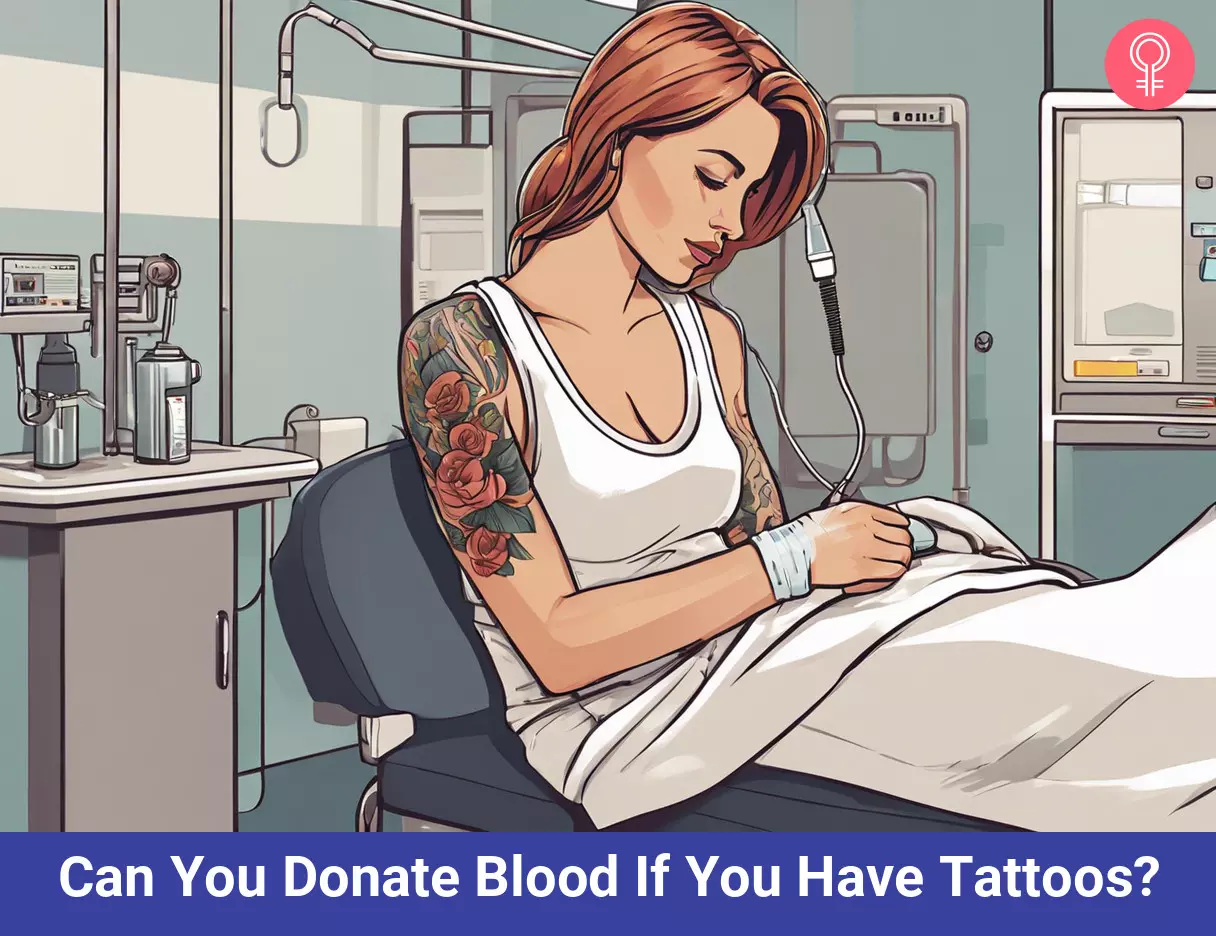
Image: Stable Diffusion/StyleCraze Design Team
In this video, the YouTuber explores the reasons behind the regulations on tattooed individuals before and after they donate blood. Watch it to gain crucial insights if you are a tattooed individual who has similar queries!
Personal Experience: Source
StyleCraze's articles are interwoven with authentic personal narratives that provide depth and resonance to our content. Below are the sources of the personal accounts referenced in this article.
(i) 17/3/22 : Blood donation #9 & the first steps to healthhttps://medium.com/@hello.dn/17-3-22-blood-donation-9-first-steps-to-health-9501c5e1a85c
References
Articles on StyleCraze are backed by verified information from peer-reviewed and academic research papers, reputed organizations, research institutions, and medical associations to ensure accuracy and relevance. Read our editorial policy to learn more.
- Recommendations for reducing the risk of human immunodeficiency virus transmission by blood and blood products
https://www.fda.gov/media/92490/download - Tattooing and risk for transfusion-transmitted diseases: The role of the type number and design of the tattoos and the conditions in which they were performed
https://www.ncbi.nlm.nih.gov/pmc/articles/PMC2869796/pdf/11895092.pdf
Read full bio of Anastasiia Gatsko
Read full bio of Pahul Nanra
Read full bio of Subhrojyoti Mukherjee
Read full bio of Manjari Uppal






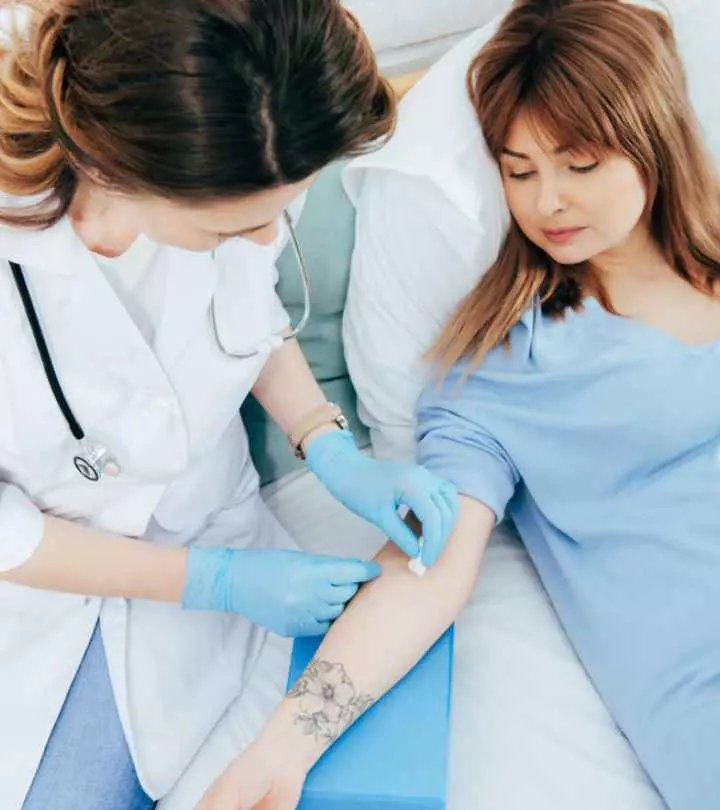

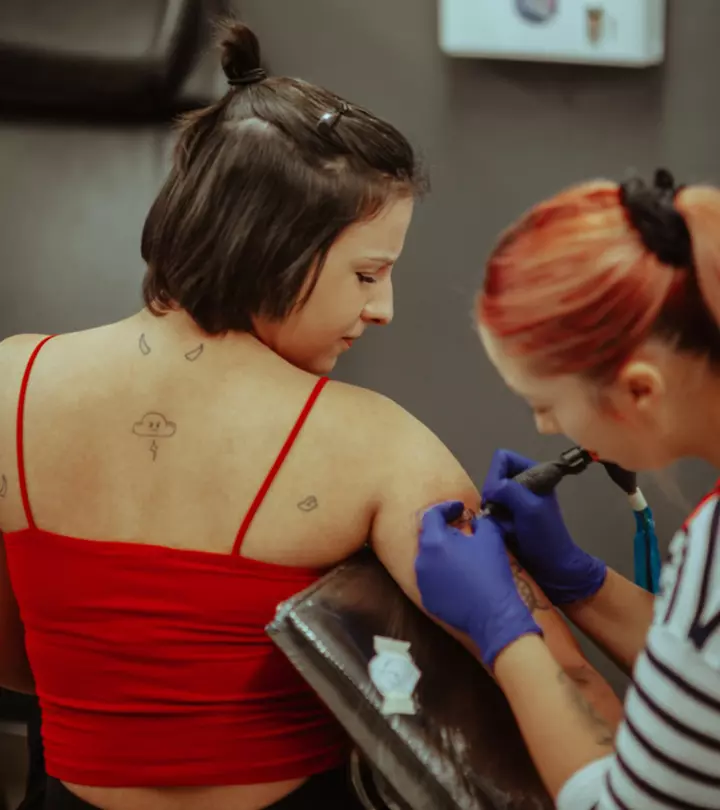

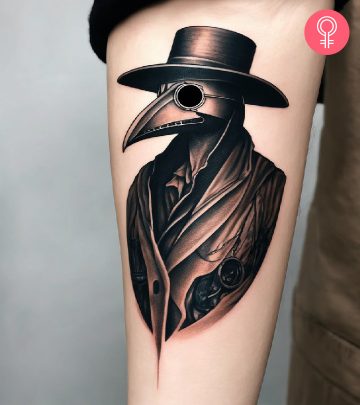




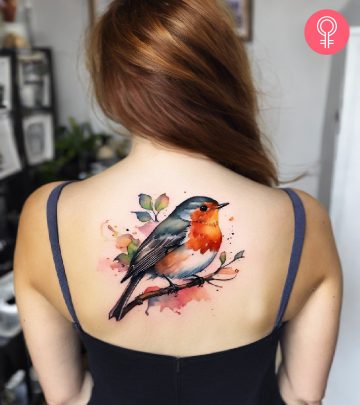

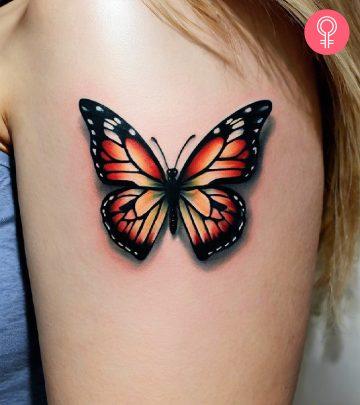
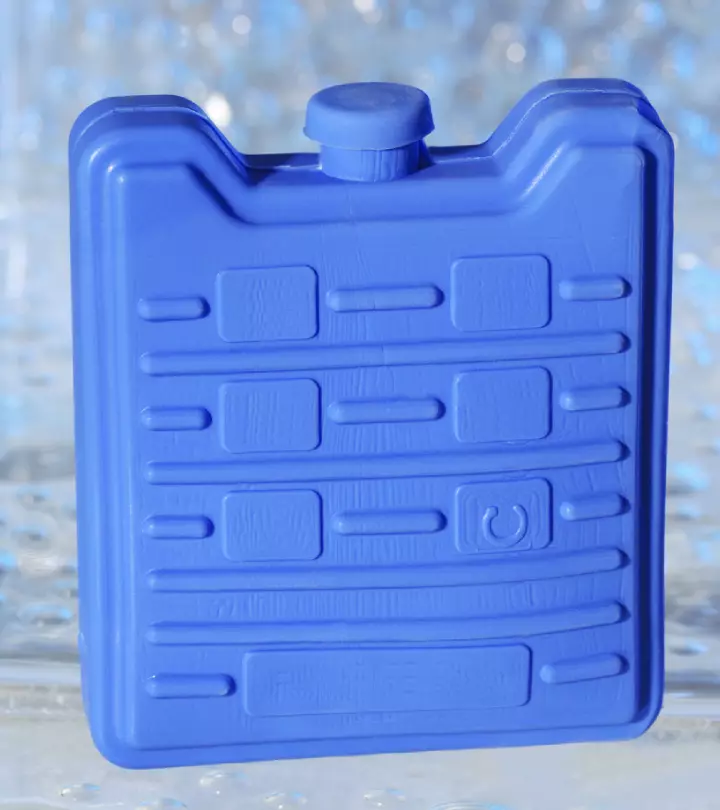

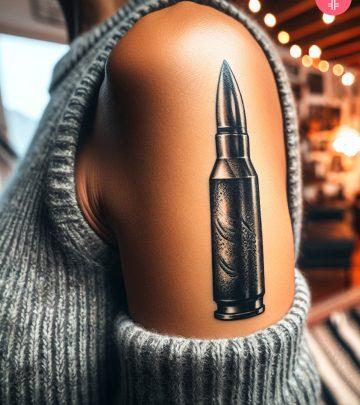
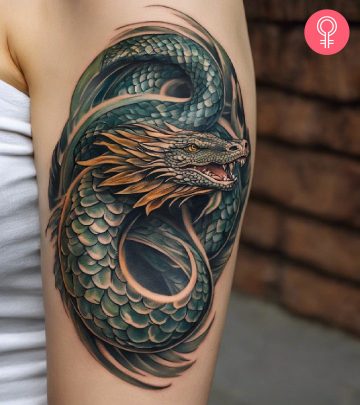
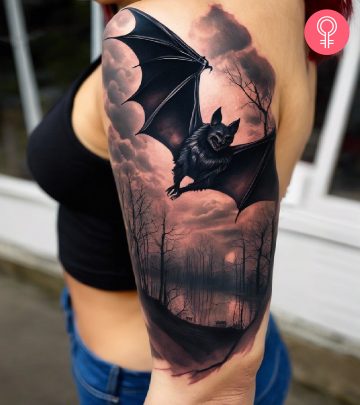


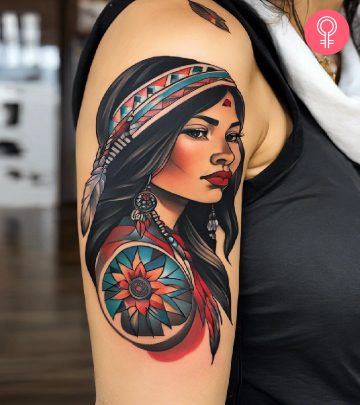
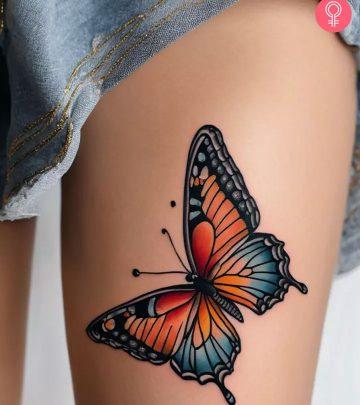
Community Experiences
Join the conversation and become a part of our empowering community! Share your stories, experiences, and insights to connect with other beauty, lifestyle, and health enthusiasts.